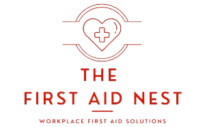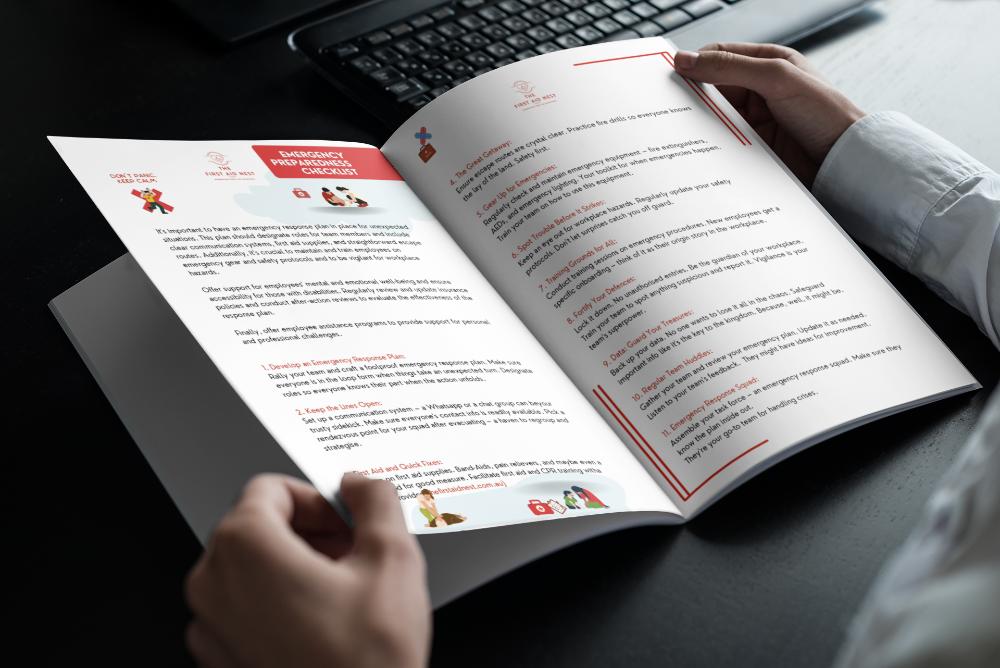The Surprising Dangers of Giving Honey to Your Baby

As a parent, you always want to give your baby the best of everything. From their first steps to their first meal, every milestone is precious and exciting. However, when it comes to sweetening your baby’s food, there is one ingredient that may surprise you with its dangers: honey.
While many adults enjoy drizzling honey on their toast or in their tea, it can actually be harmful to babies under a certain age.
In this blog post, we’ll explore when babies can have honey, why it’s not safe for them before a certain age and what alternatives you can use instead. Let’s dive in!

When can babies have honey?
When it comes to introducing your baby to solid foods, you may be wondering when it is safe for them to try honey. While honey may seem like a natural and healthy sweetener, it can actually pose serious health risks for babies.
The reason for this is that honey can contain spores of the bacteria Clostridium botulinum, which can cause infant botulism. This rare but potentially life-threatening condition affects infants under one year of age and occurs when the bacteria grow in a baby’s intestines and produce toxins that damage their nervous system.
To prevent infant botulism, experts recommend waiting until your child is at least one year old before giving them any honey or food containing honey. At this point, their digestive system should be mature enough to handle any potential exposure to the bacteria.
It’s also important to note that pasteurized or cooked honey does not necessarily eliminate the risk of botulism spores, so avoiding all forms of honey until after your child’s first birthday is still recommended.

Safe Alternatives to Honey for Sweetening Your Baby’s Food
Fortunately, there are several safe alternatives to honey that you can use to sweeten your baby’s food.
One option is pureed fruit. Fruits like bananas, applesauce and pears can add natural sweetness to purees or oatmeal without any added sugar. You can also try adding a small amount of unsweetened yoghurt for some added creaminess and flavour.
Another alternative is using spices such as cinnamon or nutmeg in small amounts. They add flavour without the need for additional sugar. However, be careful with spices as they may cause digestive issues if overused.
Coconut milk is another great substitute for honey when it comes to adding sweetness and richness without any added sugars or artificial flavours. Additionally, you could try using maple syrup but make sure you check the label first – sometimes commercial syrups contain high fructose corn syrup!
Remember that introducing new foods to your little one should be done gradually so always start with small quantities and see how they react before increasing portions!

What is Botulism
Botulism is a rare but serious illness caused by a toxin produced by the bacterium Clostridium botulinum. The bacteria can be found in soil, dust and even honey.
When babies under 12 months consume honey, they are at risk of developing infant botulism because their digestive system isn’t fully developed to handle spores that produce toxins. This can cause muscle weakness, difficulty breathing and even death if left untreated.
Symptoms usually appear within 3 to 30 days after exposure to the bacteria and include constipation, weak cry or voice, drooping eyelids and overall muscle weakness.
Botulism is treated with an antitoxin that blocks the effects of the toxin on nerves. However, it’s important to seek medical attention immediately upon noticing any symptoms as delay in treatment could lead to severe complications.
It’s important for parents to avoid feeding honey to infants under 12 months old as well as being cautious when handling raw foods such as meats and vegetables which may contain C. botulinum spores.

What health benefits does honey have?
Honey has been used for centuries as a natural sweetener and remedy for various health issues. Here are some of the potential benefits that honey can offer:
1. Antioxidant properties: Honey contains antioxidants that may help protect your cells from damage caused by free radicals.
2. Soothing effect on coughs: Honey has been shown to have a calming effect on coughs, which is why it’s often recommended as a home remedy for sore throats and respiratory infections.
3. Antibacterial properties: The high sugar content in honey creates an environment where bacteria cannot survive, making it an effective treatment for wounds and burns.
4. Potential allergy relief: Some studies suggest that consuming small amounts of locally sourced raw honey may help reduce seasonal allergies by exposing your body to pollen allergens in small doses.
5. Nutritional value: Honey is rich in vitamins and minerals such as vitamin C, calcium, iron, potassium, magnesium and phosphorus.
Despite these potential benefits, it’s important to remember that honey should never be given to babies under one year old due to the risk of botulism poisoning. Additionally, while honey does contain beneficial nutrients and compounds, it should still be consumed in moderation due to its high sugar content.

Is honey ok for toddlers?
It’s generally safe for toddlers over the age of 1 to consume honey in moderation. However, parents should avoid giving their young children too much honey as it contains high amounts of sugar which can lead to tooth decay and other health issues.
Additionally, some children may have an allergic reaction to honey which could cause symptoms like hives or difficulty breathing. If your child has never had honey before or shows signs of an allergy after consuming it, speak with your pediatrician about what steps you should take next.

What happens if I accidentally give my baby honey?
We don’t want you to worry too much if you accidentally give honey to your baby. While it can have serious consequences, it is still quite rare.
Infant botulism occurs when the bacteria grow inside the baby’s intestines and produce toxins that affect the nervous system. Symptoms usually appear within 18-36 hours after ingestion and include constipation, weakness, poor feeding, lethargy, drooping eyelids, and difficulty breathing.
If you suspect your baby has ingested honey or is showing symptoms of infant botulism seek immediate medical attention. Doctors will diagnose the condition based on clinical signs and may order stool samples for laboratory testing.
The treatment for infant botulism includes hospitalization for observation and administration of intravenous immunoglobulin (IVIG) therapy or Botulism Immune Globulin Intravenous Human (BIG-IV). These treatments help neutralize the toxin in the bloodstream before it reaches nerve endings in muscles.
To avoid accidentally giving your baby honey always read labels carefully before purchasing any products containing sweeteners. It’s also important to educate family members such as grandparents about this danger so they too are aware not to give honey to infants under 12 months old.

Can a breastfeeding mother eat honey?
Breastfeeding mothers often wonder if they can consume honey while nursing their babies. The good news is that most breastfeeding mothers can safely eat honey.
Botulism does not transfer through breast milk, so it poses no direct risk to your baby.
If you’re consuming raw or unfiltered honey, there’s a chance it could contain bacteria that produce toxins harmful to babies under one year old. Therefore, it is important for breastfeeding moms to be cautious about where they source their honey from.
On the other hand, pasteurized and commercial-grade honey are safe for consumption by both breastfeeding mothers and their babies. These products are heated enough to eliminate any bacterial spores present in them.
In summary, while it’s generally safe for a breastfeeding mother to consume pasteurized or commercially produced honey; caution should always be taken when sourcing raw or unfiltered honey – which have been linked with infantile botulism – particularly those marketed as health foods.

Can a baby get botulism twice?
Botulism is a rare but serious illness caused by a toxin produced by the bacterium Clostridium botulinum. Infants are particularly vulnerable to botulism because their immune systems are not yet fully developed, and they can’t fight off the bacteria as effectively as adults.
Once an infant has contracted botulism from honey or other sources, it’s important to seek medical attention immediately. The symptoms can be severe, including muscle weakness, poor feeding, constipation and breathing difficulties.
While it’s possible for babies to recover from botulism with prompt treatment, there is no guarantee that they will develop immunity against future infections. In fact, infants who have had botulism in the past may be at higher risk of developing it again if they are exposed to Clostridium botulinum in the future.
Therefore, parents should remain vigilant about avoiding high-risk foods like honey until their child is at least one year old. Additionally, practicing good hygiene habits such as washing hands before preparing food or handling your baby can help reduce your child’s risk of contracting this serious illness.

Baby First Aid Course
Our classes focus on many child-related emergencies, including head injuries amongst other life-threatening situations and childhood curve balls like poisoning, fevers and seizures, we also talk all about introducing common allergy foods and recognising an allergic reaction in very young children. Booking your class is as easy as 1, 2,3…
- Select your preferred class
- Follow the prompts to purchase
- We will be in touch within 24 hrs to lock in your preferred date
Contact us today or book today via our website
Here are some other resources you may enjoy!
FREE GUIDE: Introducing Common Allergy Foods & Allergic Reactions
Follow us on Instagram @thenestcpr
Follow us on Facebook

